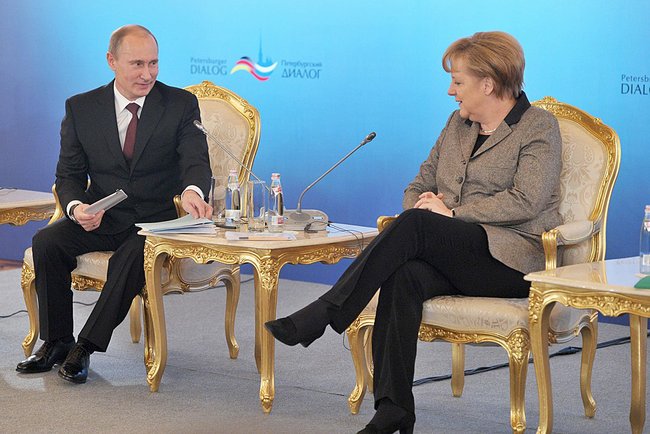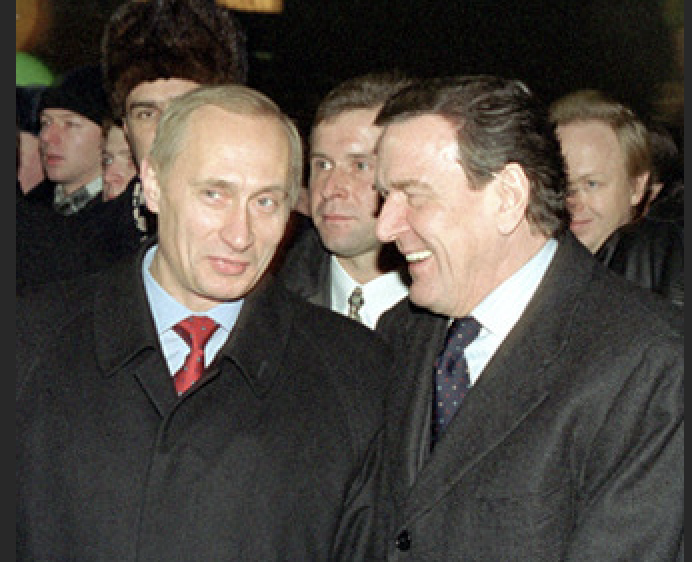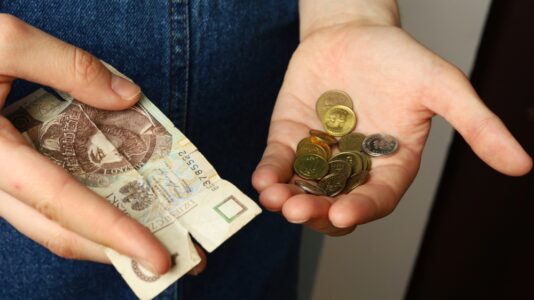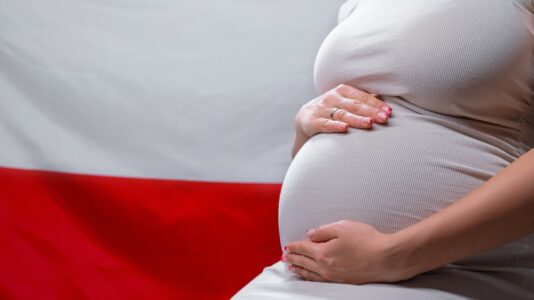The Petersburg Dialogue looks to be set to recommence this Oct. 20 in Baku, writes Gdrman news outlet Tagesschau.
The meeting is featured in a Russian program booklet bearing the official logo of the dialogue, launched in 2001 by German Chancellor Gerhard Schröder and Russian President Vladimir Putin, with the aim of rapprochement between German and Russian civil society. The booklet was analyzed by the weekly newspaper Die Zeit and the political magazine ARD.
Although some participants have called the meeting informal and private, the use of the official logo as well as the participation of high-ranking Russian state representatives has called such claims into question. There was also a public call for tenders issued by the St. Petersburg State University for service providers to organize the forum.
Germany officially stopped the meetings in 2021 after Russia put three German NGOs on a blacklist.
“The Petersburg Dialogue is supposed to build bridges between our countries,” the board’s chairperson Ronald Pofalla told DW at the time. “To ban its members from working in Russia and to threaten them with draconian punishment is something we will not accept. Obstruction and criminalization of non-governmental organizations has reached an intolerable level.”
This new meeting, if official, would undermine Germany’s official foreign policy of politically isolating Russia and thus constitute a major political risk.
According to the program, the meeting in Baku will be attended by Matthias Platzeck, former chairman of the German Social Democratic Party (SPD), Christian Democrat Ronald Pofalla, former head of the Federal Chancellery, and Martin Hoffmann, former executive director of the St. Petersburg Dialogue.
Two Swiss citizens are among the listed participants as well: Tim Guldimann, former Swiss ambassador to Berlin, and Thomas Greminger, former Secretary General of the OSCE, currently director of the Geneva Center for Security Policy, which is also funded by the Swiss state.
In an interview with the Neue Zürcher Zeitung, Greminger previously pointed out the need for “confidential forms of dialogue” with Russia. Regarding this meeting, he has indicated that the meeting was “probably the result of private initiative,” without confirming or denying whether it was actually taking place or if he would be present. Martin Hoffmann responded similarly.
Bundestag representative and former CDU leader Armin Laschet, is yet another listed participant, although a colleague of his has denied this.

Above: Russian President Putin speaks with German Chancellor Angela Merkel during the Petersburg Dialogue at the Kremlin in Moscow in 2012. (Source: kremlin.hu)
According to the program, Russian participants include Viktor Zubkov, the former prime minister of Russia and Vladimir Putin’s old comrade-in-arms. Zubkov is an active first-class state councilor of the Russian Federation, the highest rank among Russian civil servants, and since 2008, he has been the chairman of the supervisory board of the state-owned Gazprom Group. He is currently on a U.K. government list of sanctioned parties due to the war in Ukraine.
Others on the list of participants include Valery Fadeyev, chairman of the Russian presidential human rights council and an adviser to Putin. Fadeyev is on the European Union’s sanctions list because, according to the accusation, he is accused of spreading disinformation and propaganda to justify Russia’s war against Ukraine.
Mikhail Svidkoy, Putin’s special envoy for cultural cooperation with foreign countries, is also a listed participant. He is one of those who stated that the meeting planned for Oct. 20-21 is informal in nature.
According to Zeit and ARD, a confidential meeting took place on April 21, 2024, also in Baku. However, it remains unclear which “German experts” attended this gathering and who planned the October meeting.
According to Stefan Meister, a Russia expert at the German Council on Foreign Relations, the Russian delegation consists of people who “argue and act in line with Putin’s imperial, aggressive ideology.”
They were not interested in creating a balance, but in asserting Russian interests, according to Tagesschau.
RELATED: German companies skirt sanctions to help Putin’s war machine






